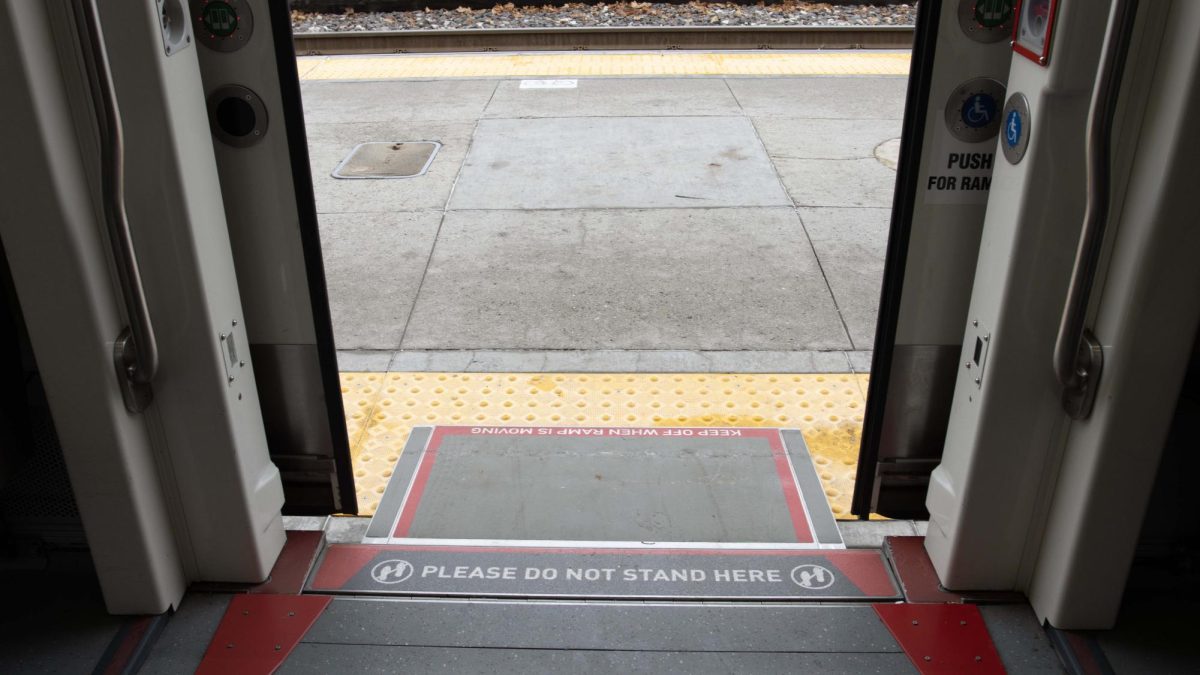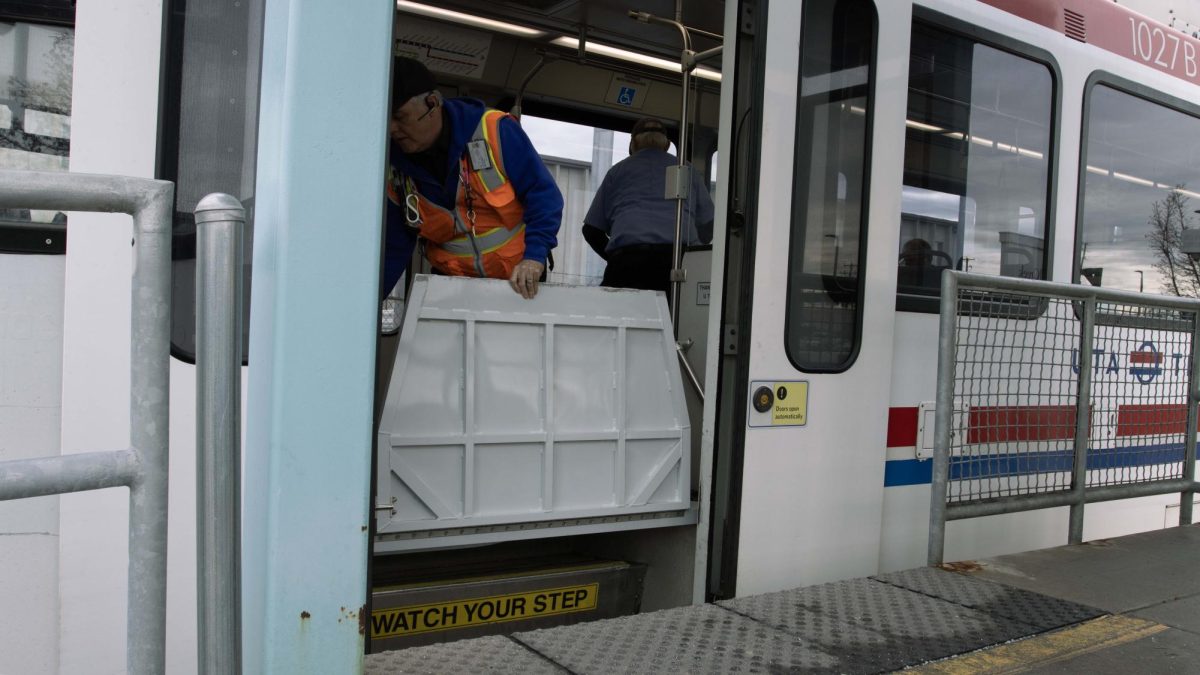As society progresses, making life accessible for people with disabilities is still a significant concern. A comprehensive timeline of transformative initiatives is essential for Utah to cultivate an environment where all its residents, including those with physical and intellectual disabilities, can thrive.
“Accessibility applies to more than just physical disabilities,” said Kayli Torres, a student at the University of Utah, “Some disabilities aren’t visible or noticed.” The U must work to ensure that all students with disabilities, whether visible or not, have access to accommodations.
The future of accessibility in Utah hinges on a concerted effort to revolutionize public transportation, ensure accessible housing and establish healthcare facilities that prioritize the dignity of individuals with disabilities.
Ditching UTA Obstacles
Utah’s public transportation system forms the arteries of connectivity that pulse through its communities. For individuals with disabilities, however, these arteries often come with barriers that impede their ability to traverse the state with dignity. The future demands compliance with accessibility standards, as well as a proactive approach that integrates efficient technologies.
Implementing tools such as auditory and visual cues, tactile maps and user-friendly interfaces on all UTA transportation can transform the public transportation experience for individuals with disabilities. By prioritizing inclusivity in the design and execution of transportation infrastructure, Utah can empower its disabled community to navigate the state seamlessly.
Students at the U have also faced issues navigating the campus with physical disabilities. Arden Cook said the campus shuttles have become “too much of a hassle for people with disabilities,” because they don’t run frequently enough to be convenient.

We Need a Housing Makeover
Accessible housing is the cornerstone of Utah’s path to inclusivity. We must make strides in ensuring that all residents can live independently and comfortably. The future of accessibility in Utah requires a shift in the way housing is conceptualized and constructed. Some ways of incorporating universal design principles in residential spaces include ramps, wider doorways and adaptable features.
These proactive measures will not only benefit individuals with disabilities but will also create living environments that cater to the diverse needs of all residents. By embracing these principles, Utah will foster communities where everyone, regardless of ability, can participate fully and contribute meaningfully to the social fabric — regardless of ability.
The U also has a lot of room for transformation when it comes to accessible student housing. One student, Greta Low, said “The elevators are old and break down. The buttons to automatically open doors rarely work.” If Utah prioritizes accessibility, so will the U.
Utah’s Prescription for Inclusive Healthcare
The future of accessibility in Utah must prioritize facilities that go beyond mere compliance with regulations. The disabled community often faces daunting challenges in accessing healthcare that respects their dignity while addressing their unique needs. Utah must advocate for a comprehensive approach to healthcare accessibility. This would ensure that medical facilities are equipped with accessible infrastructure, inclusive communication tools and personnel trained to provide culturally competent care.
By integrating accessibility into the very foundation of healthcare delivery, Utah can guarantee that individuals with disabilities receive the medical attention they deserve without compromising their dignity.
Everyone Deserves Workplace Accommodations
The future of accessibility in Utah demands a bold commitment to transforming the landscape of public transportation, housing, healthcare and employment. Our employers must actively work to promote and enforce workplace accessibility standards, ensuring that all individuals, regardless of ability, can contribute to the workforce. This includes implementing accessible workplaces and a commitment from employers to foster inclusive environments.
Employers could implement many accommodations to accomplish this. Some include offering flexible working hours or remote work options and conducting disability awareness training for all employees. Other options include implementing mental health support programs and resources to address the needs of employees with intellectual disabilities or mental health conditions.
Students with sensory issues at the U have faced problems with paying attention in class due to bright lights or loud background noises. One student said that they “had a professor in the building who would not allow and even shamed people for the wear of headphones or earbuds in the class, despite this being something that greatly helps me to focus.”
Low stated, “The [Center for Disability & Access] is difficult to work with and denies accommodations while refusing to provide a reason for the denial.” The U must ensure that campus is not a place where students are continually facing stress related to having access to disability accommodations that are essential for them to succeed in their academics.
Utah must lead by example and demonstrate that inclusivity is not merely a checkbox to be ticked but a guiding principle that shapes the foundation of our society. By adopting a proactive and comprehensive approach to accessibility, Utah can transform into an environment where every resident, regardless of ability, can participate fully. They can live independently and contribute meaningfully to the vibrant tapestry of the state’s communities.














